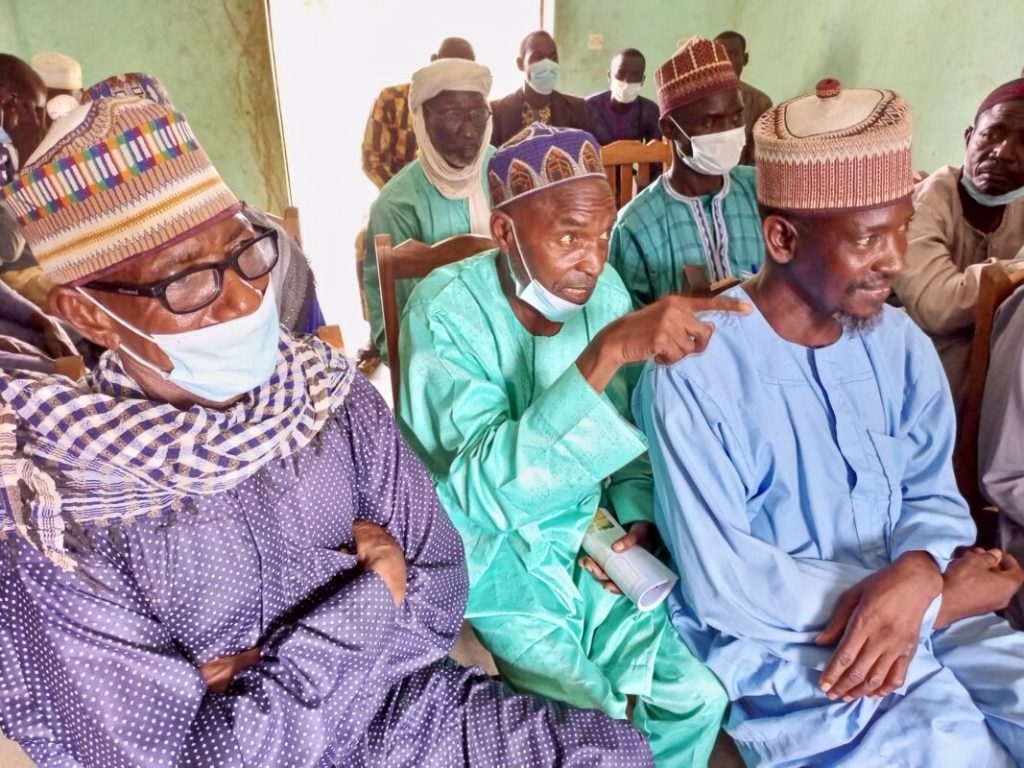Edo Mob Killing: Northern Elders Demand Justice, Issue Ultimatum

In the wake of a brutal mob killing that shook Edo State last week, tensions between northern elders and local authorities have reached a boiling point. The incident, which occurred in a bustling market district of Benin City, saw a young man of northern origin lynched by a mob following an alleged theft. The violence, captured on video and shared widely on social media, has sparked outrage and reignited debates over security, ethnic relations, and systemic failures in Nigeria’s justice system.
The Incident That Shook Benin City
According to eyewitnesses, a vendor accused 28-year-old Ibrahim Yusuf of snatching a phone. A crowd quickly formed, escalating from verbal confrontation to physical assault within minutes. Despite pleas from onlookers, the mob beat Yusuf unconscious, set him ablaze, and abandoned him on the roadside. The graphic footage drew condemnation from human rights groups after viewers watched it over 500,000 times online, prompting the Northern Elders Forum (NEF) to issue a stern ultimatum to the Edo State government.

The Ultimatum: Arrests, Compensation, and Dialogue
“We demand the immediate arrest and prosecution of all perpetrators involved in this heinous act,” declared Alhaji Suleiman Mohammed, spokesperson for the NEF, at a press conference on Sunday. “The government has seven days to act, or we will be forced to take matters into our own hands.” The ultimatum, which expires on April 5, 2025, also includes calls for financial compensation to Yusuf’s family and a public dialogue to address growing ethnic tensions in the state. Failure to comply, the elders warned, could lead to retaliatory measures, though specifics remain unclear.
The Edo State Police Command arrested three individuals allegedly involved in the killing, but the NEF insists this is insufficient. “These arrests are merely symbolic,” Mohammed argued. “We want a transparent investigation, not selective justice.” Meanwhile, residents of Benin City remain divided. While some applaud the NEF’s stance, others fear the ultimatum could incite further violence. “This is a sensitive issue,” said local trader Ada Okoro. “We need peace, not more threats.”
Mob Justice: A Symptom of Systemic Distrust
Experts warn that mob justice persists due to widespread distrust in law enforcement. A 2023 report by the Nigerian Bureau of Statistics revealed that only 12% of Nigerians trust the police to resolve crimes fairly. “When people take the law into their own hands, it reflects a systemic breakdown,” explained criminologist Dr. Chika Eze. “The state must address these root causes to prevent recurrence.”

Government Response and Community Concerns
Governor Godwin Obaseki’s administration urged calm, pledging to “leave no stone unturned” in ensuring justice. However, critics argue that past promises have yielded little. In 2022, similar clashes in the state led to the establishment of a peace committee, which many deem ineffective. “We’ve seen this script before,” activist Emeka Nwachukwu stated. “Without concrete action, history will repeat itself.”
As the ultimatum looms, the situation remains precarious. Civil society groups called for roundtable discussions, while religious leaders organized interfaith prayers. Yet, the shadow of violence lingers. For Yusuf’s family, still awaiting closure, the tragedy underscores a broader national crisis. “My son was not a criminal,” his father, Alhaji Musa Yusuf, told reporters through tears. “We want justice, not revenge.”
A Call for Peace Amidst Rising Tensions
The Edo mob killing has become a microcosm of Nigeria’s struggles with insecurity, ethnic mistrust, and judicial inefficiency. Whether the government’s response will quell tensions or deepen divisions remains uncertain. What is clear, however, is that the path to peace demands more than arrests—it requires rebuilding trust, one community at a time.

